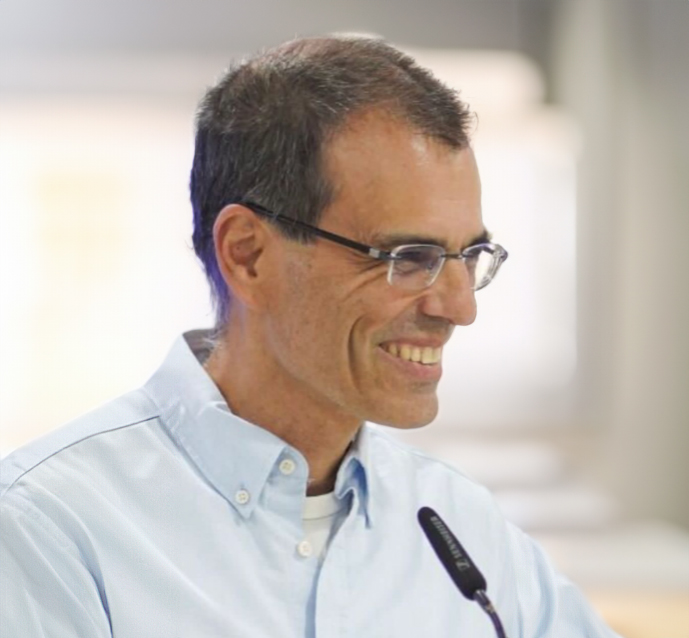A Conversation About Israel’s Space Research Program
Featuring Professor Ehud Behar, Dean, Faculty of Physics, and former Director of the Asher Space Research Institute at the Technion – Israel Institute of Technology
CO-PRESENTED BY:
Join us for a fascinating look at Israel’s space program and Technion’s role in advancing space exploration. Home to the only Faculty of Aerospace Engineering in Israel, the Technion is one of the few universities in the world that have built and launched satellites into space. Its researchers helped Israel join the elite club of space-launch-capable countries in 1988 with the launch of Israel’s first satellite. Today, Technion innovations, faculty, and alumni continue to propel Israel into a leader in exploring the final frontier.
Enjoy an exclusive discussion led by Professor Ehud Behar, who will cover space research topics currently pursued at the Technion, and its national and international role in the scientific, security, commercial, and educational space sectors. Future missions will be discussed, such as Rakia, with the second-ever Israeli astronaut, and Beresheet 2, the privately-led Israeli mission to the moon.
For more information, contact technion.chicago@ats.org.
Featured Speakers
About the Speaker
Professor Ehud Behar is dean of the Faculty of Physics and the past director of the Norman and Helen Asher Space Research Institute (ASRI) at the Technion.
One of Israel’s most prominent astrophysicists, Professor Ehud Behar has carved out a niche in the field of high-energy astrophysical phenomena, investigating some of the most violent events in the universe. He is interested in detecting and characterizing plasma under extreme conditions, for example, before it falls into a black hole, when it is launched to sub-luminal speeds, or when it is shock heated to millions of degrees.
Currently, Prof. Behar is leading the development of GALI, a gamma-ray burst localizing instrument, expected to be launched to the International Space Station (ISS) later this year as part of the Ramon Foundation and the Israeli Ministry of Science and Technology’s “Rakia Mission.” GALI is an innovative system for localizing gamma-ray bursts. GALI is composed of hundreds of small sensors, arranged in a random 3D array, and promises to be more precise in its directional capabilities than earlier, much larger detectors.
Raised in Jerusalem, Prof. Behar earned his doctorate (summa cum laude) in physics at the Hebrew University of Jerusalem. He conducted postdoctoral research at Columbia University before joining the Technion Faculty of Physics in 2002. He has served as a Senior NASA Postdoctoral Program Fellow at NASA/Goddard Space Flight Center and as a visiting professor at the University of Maryland at College Park.



